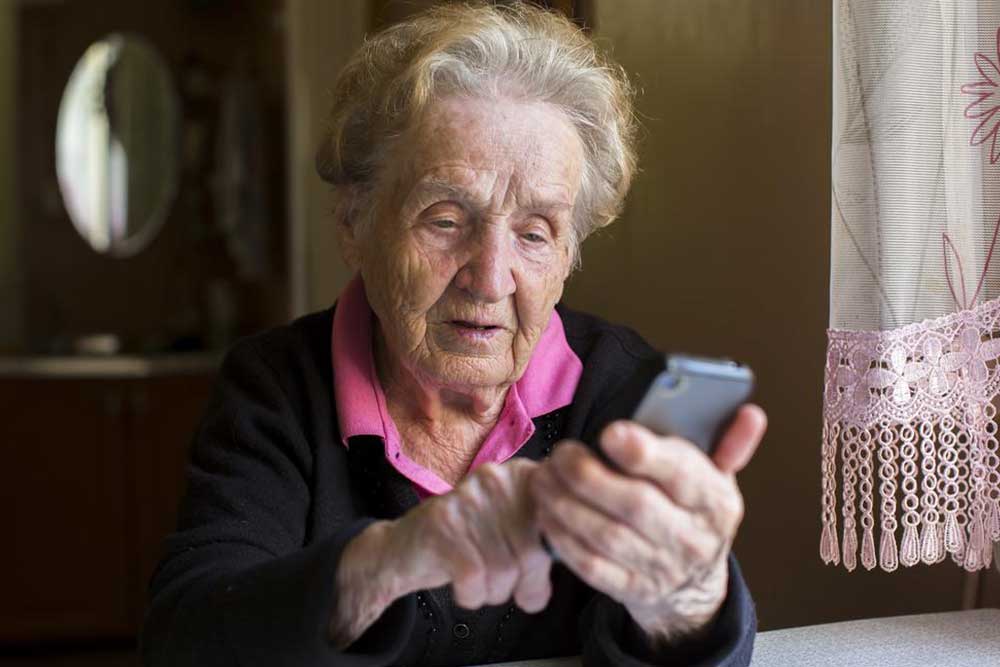Support Programs for Single Mothers: Non-Educational Assistance
This article highlights various government support programs available for single mothers, focusing on non-educational grants. It covers assistance for food, healthcare, housing, childcare, and communication services, aiming to improve the welfare of families led by single mothers. Understanding these resources can help eligible individuals access vital support and improve their living conditions.

Support Programs for Single Mothers: Non-Educational Assistance
Government Financial Support for Single Mothers: Non-Educational Resources
Most grants are based on financial need. Around the world, efforts are being made to support women and improve gender balance in workplaces. The USA offers numerous grants for single mothers, addressing various needs such as healthcare, housing, food, and children’s welfare. Unlike educational grants, these non-educational programs focus on a broad range of essential needs, often without requiring specific educational qualifications.
These non-educational grants are accessible to all single mothers, supporting their families' needs. They provide financial aid for rent, utility bills, childcare, medical expenses, and mortgages. Key support initiatives include:
The Supplemental Nutrition Assistance Program (SNAP) offers essential food and nutrition support to low-income families, single mothers, and individuals. Funds from SNAP help purchase groceries, ensuring food security and health.
Supporting basic necessities like food and healthcare is the primary goal of these grants.
The Women, Infants, and Children (WIC) Program is targeted at low-income pregnant women, breastfeeding mothers, and children under five, providing food, nutrition education, and healthcare referrals.
Medicaid offers affordable health insurance to single mothers, covering medical and dental care, in addition to healthcare services. Some states extend Medicaid benefits to low-income seniors and disabled persons.
The Section 8 Housing Program offers rental assistance to low-income families, seniors, and disabled individuals. Similarly, the Salvation Army Housing Assistance scheme provides emergency support for rent, utilities, and basic needs, primarily for short-term relief.
LifeLine & Link-Up Programs help low-income households reduce costs for phone and internet services, offering discounts up to $9.25 per month on communication bills.
Childcare Support for Single Mothers
Childcare assistance becomes vital for working mothers or students. Given the high costs, these programs help ease financial burdens. The Head Start program also offers supportive services for children attending elementary schools.
Summary
Research indicates that nearly 40% of single-mother households live below the poverty line. Factors like weak social safety nets, limited child support, and low educational levels contribute to this situation. Although many single mothers work, their earnings are often low and prospects limited. Government grants can provide meaningful relief, although more support may be necessary.










